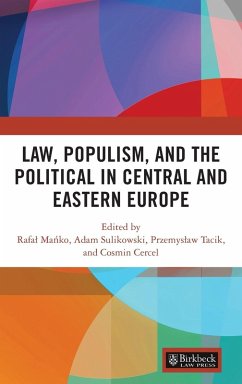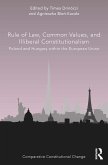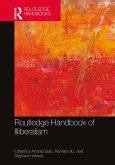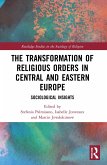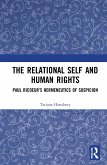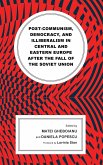This book addresses the variety of right-wing illiberal populism which has emerged in Central and Eastern Europe (CEE).
Against the backdrop of weak institutional traditions, frequent and profound transformations, and deep historical traumas affecting the law, politics, economy and society in the region, the book critically examines the entanglements of legality in the region's transformation from state socialism to neoliberalism and Western-style democracy. Drawing on critical legal theory, as well as legal history, legal theory, sociology of law, history of ideas, anthropology of law, comparative law, and constitutional theory, the book goes beyond conventional analyses to offer an in-depth account of this important contemporary phenomenon.
This book will be of interest to legal researchers, especially of a critical or socio-legal perspective, political scientists, sociologists and (legal) historians, as well as policy makers seeking to understand the regionalspecificity and deeper roots of Central and Eastern European illiberal populism.
Against the backdrop of weak institutional traditions, frequent and profound transformations, and deep historical traumas affecting the law, politics, economy and society in the region, the book critically examines the entanglements of legality in the region's transformation from state socialism to neoliberalism and Western-style democracy. Drawing on critical legal theory, as well as legal history, legal theory, sociology of law, history of ideas, anthropology of law, comparative law, and constitutional theory, the book goes beyond conventional analyses to offer an in-depth account of this important contemporary phenomenon.
This book will be of interest to legal researchers, especially of a critical or socio-legal perspective, political scientists, sociologists and (legal) historians, as well as policy makers seeking to understand the regionalspecificity and deeper roots of Central and Eastern European illiberal populism.

